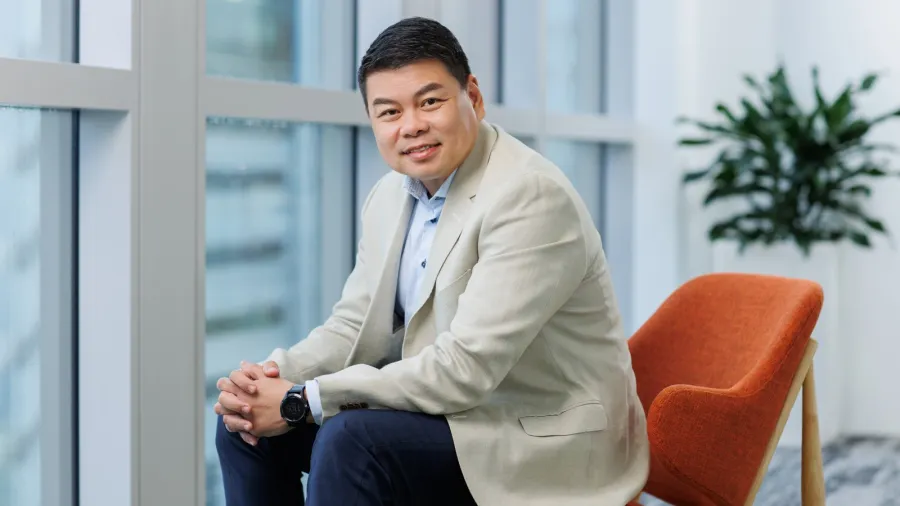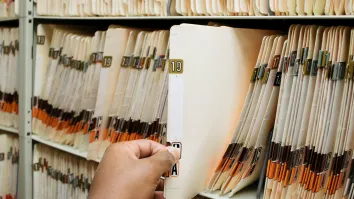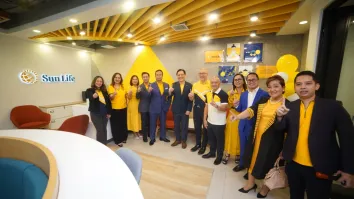
GIA’s system detects fraud overlooked by insurers
The Fraud Management System uses data analytics and AI that analyse suspicious claims.
In mid-2022, a Singaporean woman fooled six insurers before being sentenced to five months in prison for making 20 fraudulent travel claims worth more than S$14k. The perpetrator used photos of damaged goods, receipts, boarding passes, and even police reports she found online and digitally altered them to support her claims. She would have gotten away with it if not for the General Insurance Association of Singapore (GIA)’s Fraud Management System (FMS).
According to Andrew Yeo, CEO of Income and GIA Management Committee Member and Insurance Fraud Committee Convenor, insurance fraud cases in Singapore more than tripled from 20 in 2018 to 71 in 2021.
“With the reopening of the borders, we are observing an increase in suspicious travel insurance claims between January and July this year compared to the same period last year,” Andrew said.
Aside from travel insurance fraud, one of the biggest and most vulnerable segments is motor insurance.
“Motor insurance fraud syndicates are known to operate through a network and recruit individuals to participate in the scam,” Andrew explained. A report by Crawford said at least 20% of all motor claims are fraudulent with claimants exaggerating their injuries and/or inflating the damage to their vehicle. Most of these cases are made by organised crime syndicates which stage traffic accidents and recruit hundreds of people as part of their activities.
“To date, over 300 subsequent motor insurance claims have been investigated by insurers with 13 confirmed as fraudulent cases which have now been turned over to the police,” Andrew added.
General insurance’s first line of defence
GIA has collaborated with the police, insurers, and the Commercial Affairs Department to combat fraud using FMS.
First launched in 2017, the FMS uses data analytics and AI to detect potentially fraudulent claims at scale.
“When a suspicious claim is detected through the FMS, insurers involved will be contacted to verify the suspicious claim. If sufficient evidence reveals that there is fraud, a police report will be filed and the insurers involved will then need to cooperate with the police,” Andrew explained.
Andrew stressed the importance of the FMS as most of these cases would have gone unnoticed if it was just done through a manual review and even embolden fraudsters to continue with these schemes.
Other ways
Aside from the FMS, the GIA also collaborates with specialist investigators from the Commercial Affairs Department and insurance representatives through the GIA Insurance Fraud Committee (IFC).
The GIA is also working closely with the Singapore police’s specialised fraud investigation branch, which is also part of the IFC. These agencies share information and best practices in detecting and preventing insurance fraud.
“For example, should the police receive reports on a new variant of insurance fraud, they will inform us and we will review our safeguards and conduct more stringent checks to verify the authenticity of the claims,” Andrew said.
This collaboration goes both ways as the GIA also exchanges information with the police on the possible characteristics of fraudulent insurance claims.
"Insurers play a pivotal role as they provide claims insights such as the latest trends and common forms of insurance fraud that they observe, which are then shared with the police and also fed into GIA’s FMS for further refinement of its detection capabilities," Andrew added.
The GIA is also tapping the public to help them identify insurance fraud. Under the GIA Insurance Fraud Tip-off (GIFT), a person who reports fraudulent activities can get a reward of up to $10k leading to successful prosecution and conviction of general insurance fraud cases concerning members of the GIA.
Insurers’ role
“Insurers are able to provide insights such as the latest trend and common forms of insurance fraud that they observe. This feedback will help refine the FMS system further,” Andrew said.
GIA believes that it is important to impose a high standard of conduct amongst insurers and their employees. That is why in March 2022, the Insurance Culture and Conduct Steering Committee published three industry whitepapers focusing on best practice guidelines.
“Contrary to what may be a widespread belief, insurance fraud is not a victimless crime. It can result in a significant cost for the industry including the cost of payout claims, and manpower costs in terms of time and resources used to investigate fraud. This will ultimately impact consumers as this will drive the cost and affordability of premiums,” Andrew said.
Watch the full interview here.



















 Advertise
Advertise









